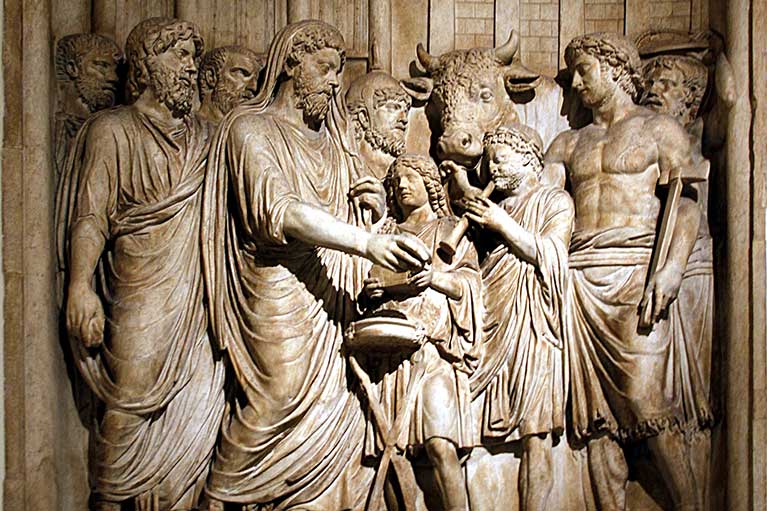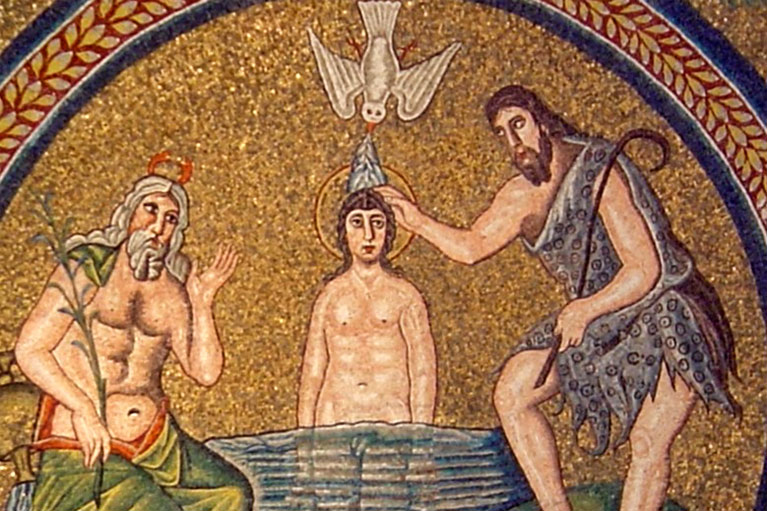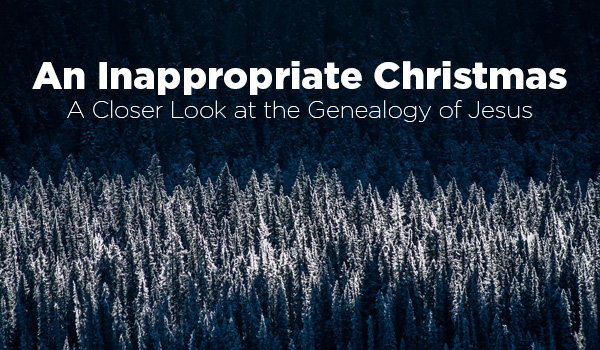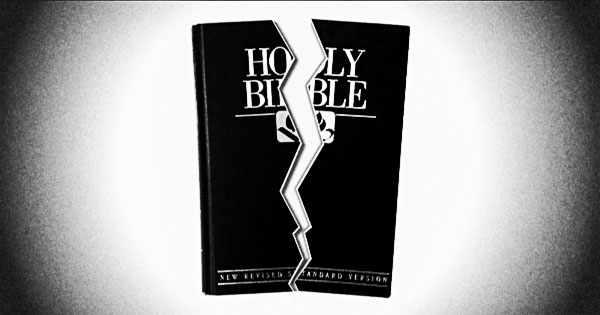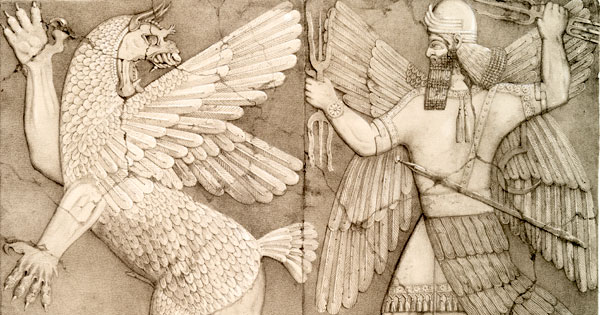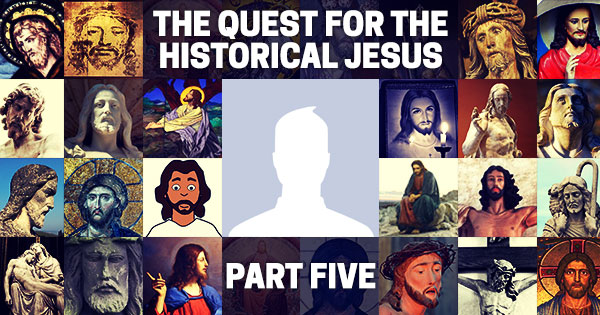Even a perfunctory perusal of most media (social or otherwise) and serious commentary (and now even some conservative commentary) reveals an almost total negative take on the current presidency. And, I think an over-all negative view is justified and accurate. However, there is one very positive result of the current state of affairs relative to the current occupant of the White House: it has revealed the deep divide within evangelical Christianity.
Students of modern American religious history are aware that, beginning in the 1940s, several prominent Protestant Christians, such as Carl F. Henry, began to separate themselves in sensibility, emphasis, tone, and even theologically from fundamentalism. From that divergence, we get our modern-day evangelicals. Their rejection of the isolationism and anti-intellectualism of fundamentalism laid the groundwork for modern evangelical Christianity.
Before that divergence could happen, however, it had to be noticed and addressed. One of the ways that happened was through Carl F. Henry’s 1947 book The Uneasy Conscience of Modern Fundamentalism. With the help of Charles E. Fuller, Harold Ockenga, Billy Graham, and others, Christianity began to diverge and break with the fundamentalism of the past.
The break wasn’t so much in the areas of theology, as these new evangelicals held to many of the same views, especially inerrancy, as fundamentalists. The theological differences mostly concerned the de-emphasis of… [Read more…] about Thank You President Trump

